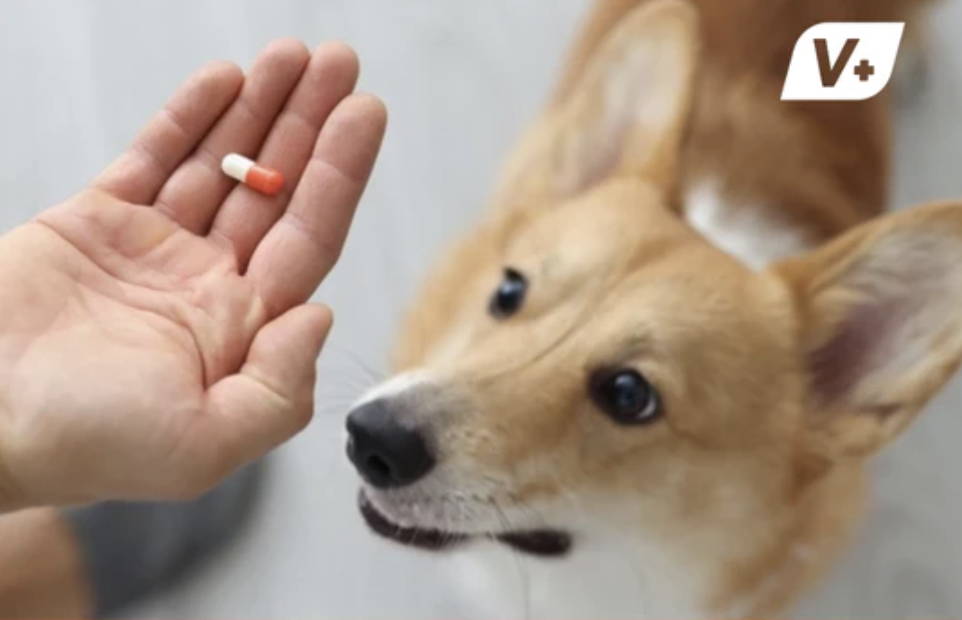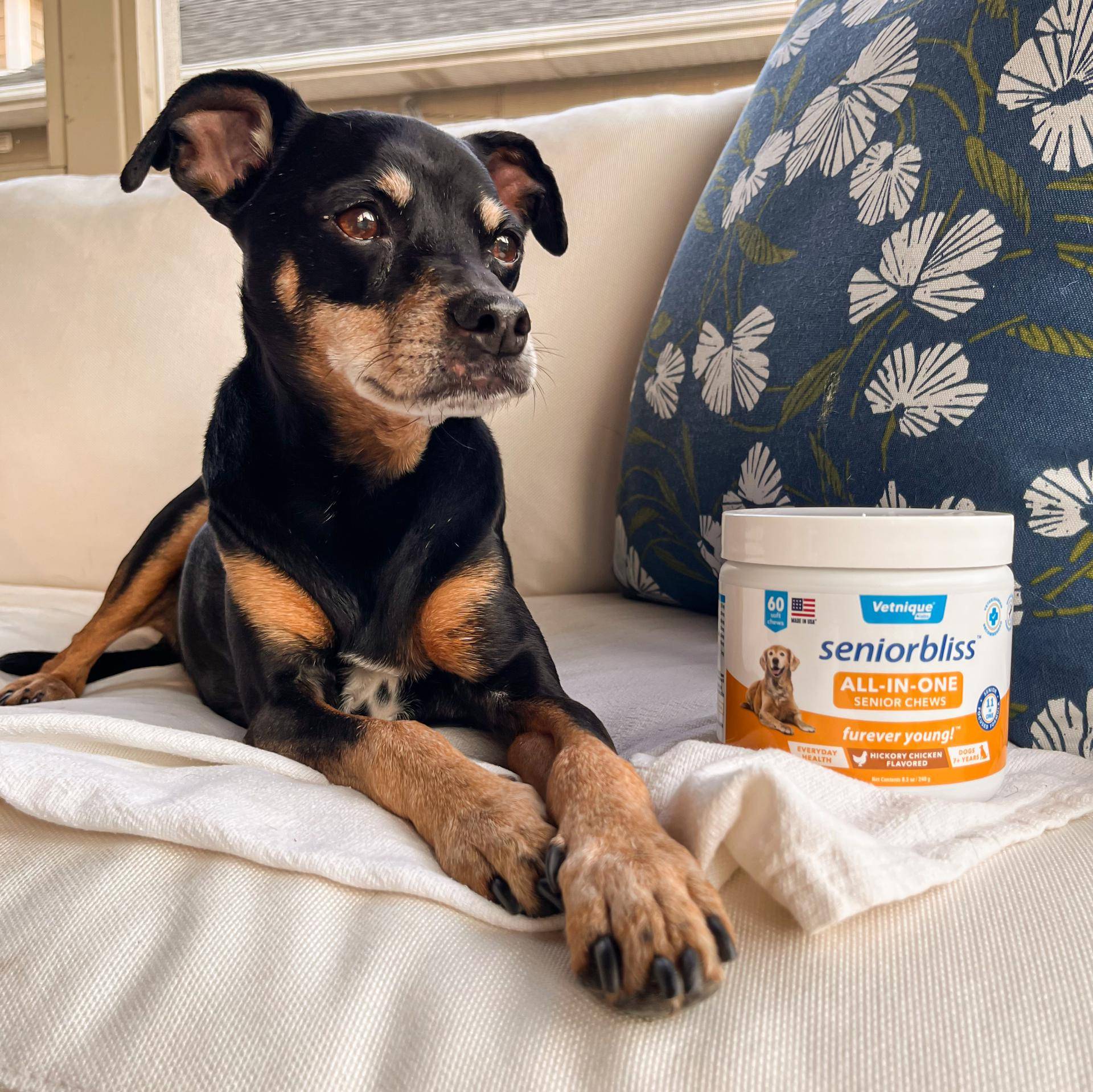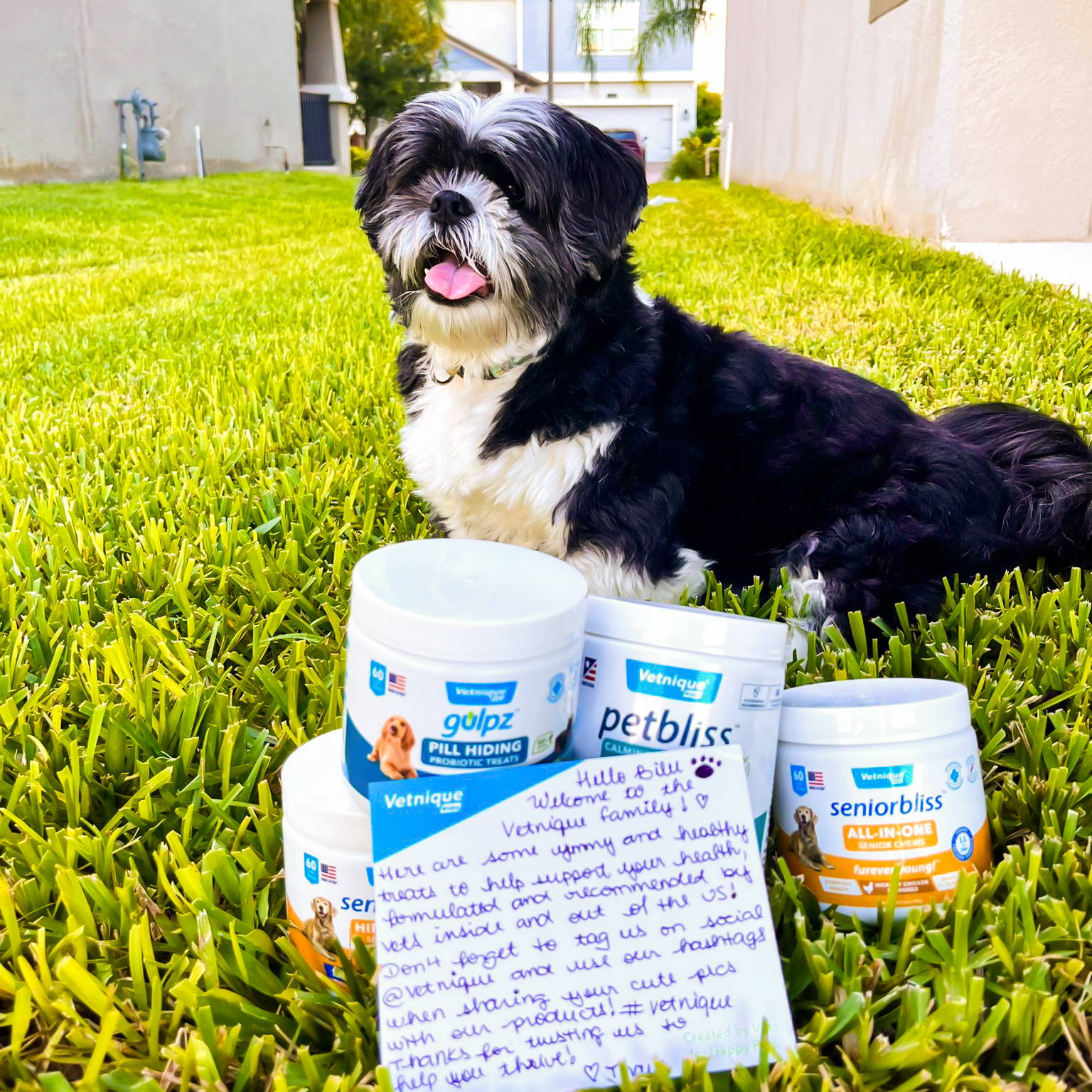can dogs eat mushrooms?
Jump to Section

Can dogs have mushrooms from a store, or from your garden? The answer won’t be the same for every kind of mushroom.
Mushrooms have been used in both traditional and alternative medicine for thousands of years, but not all mushrooms are edible! Before you and your pet start dabbling in the fun world of fungi, get the details on the rules for feeding mushrooms to dogs––which ones are safe, how to serve them, and signs that they’re toxic for your dog.
Can dogs eat mushrooms?

Benefits of mushrooms for dogs
Antioxidants
Zinc, selenium, and manganese are only a few of the antioxidants that can be found in mushrooms. As dietary supplements for dogs, antioxidants are given to help neutralize reactive compounds–like free radicals–that cause oxidative stress and cellular damage within the body.
Vitamins
Fiber
Adaptogens
Polysaccharides

Which mushrooms can dogs have?
Most store-bought mushrooms intended for human consumption are generally safe for dogs, and can be a nutritious snack when eaten in moderation. Specialty mushrooms like Chaga and Turkey Tail are usually only found in supplements and are a more nutrient-dense option than your average kitchen mushroom for dogs.
So, can dogs have mushrooms of any kind? No––but we’ll tell you which ones are safe for them to enjoy!
White mushrooms
Crimini
Portobello
Comfort
Turkey Tail
Lion's Mane
Chaga
Reishi
How to feed mushrooms to your dog
Buy a supplement for dogs
Keep prep simple
Don’t serve them ‘people-style’
Use mushroom capsules

Which mushrooms are toxic for dogs?
- Amanita phalloides (death caps)
- Inocybe (white fibercaps)
- Scleroderma citrinum (common earthball)
- Amanita muscaria (fly agaric)
- Amanita pantherina (panther cap)
- Clitocybe gibba (common funnel mushroom)
Signs of mushroom toxicity in dogs
- Nausea
- Vomiting
- Tremors
- Seizures
- Muscle weakness
- Loss of balance
- Disorientation
This blog exists to provide general information and education about veterinary health and related subjects. The information and other content provided in this blog, website, or in any linked materials is not intended as and should not be considered, or used as a substitute for, medical advice, diagnosis, or treatment. We cannot diagnose conditions, provide second opinions, or make specific treatment recommendations through this blog or website.
If you suspect that your pet has a medical concern, you should consult with your veterinary health care provider or seek other professional medical treatment immediately. Never disregard professional medical advice or delay in seeking it because of something that you have read on this blog, website, or in any linked materials.
Join the Pack!

Sign up for exclusive deals, curated pet tips from veterinarians, and product launches!
Pet Parents are Also Reading...
March, 2023
Related Articles























